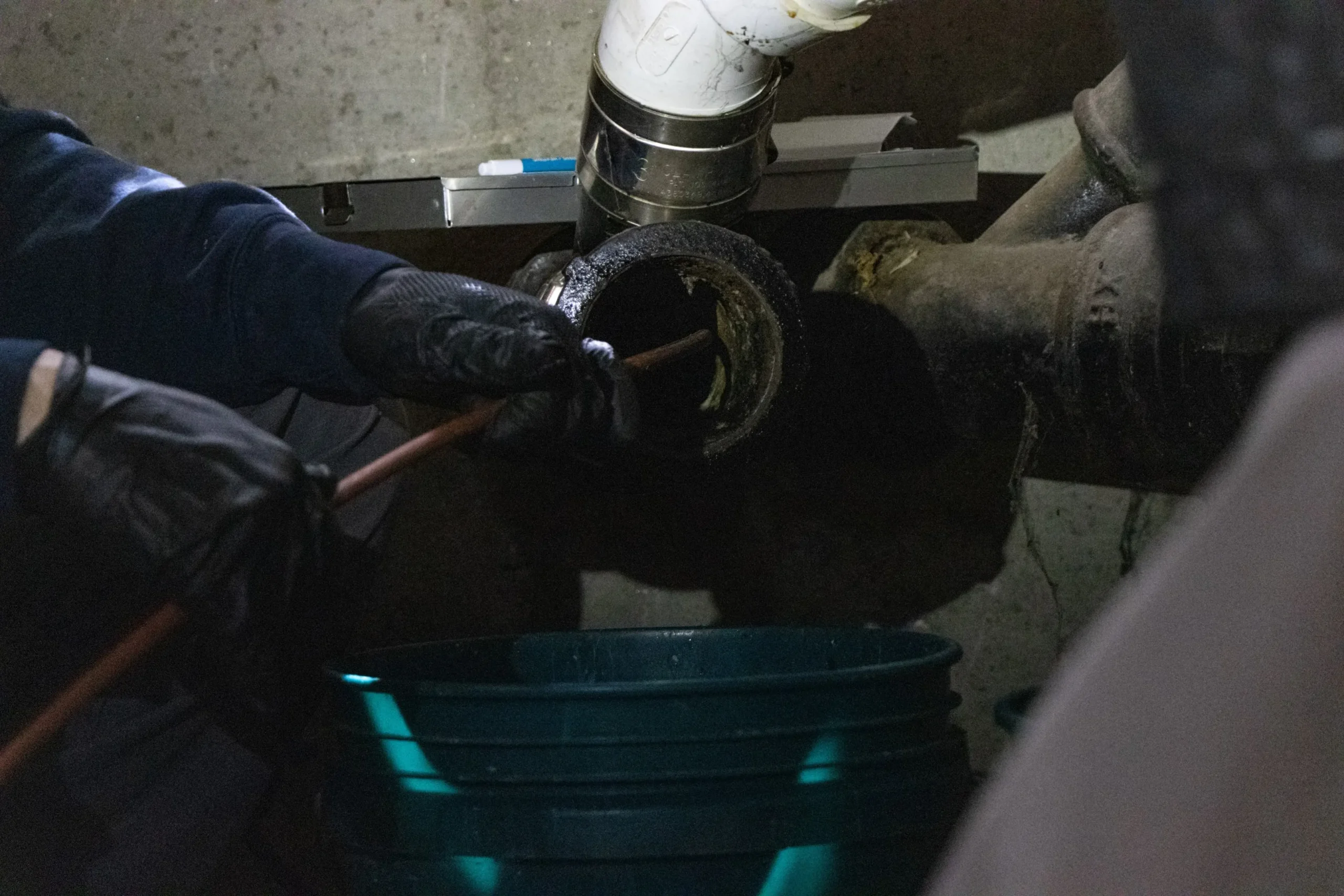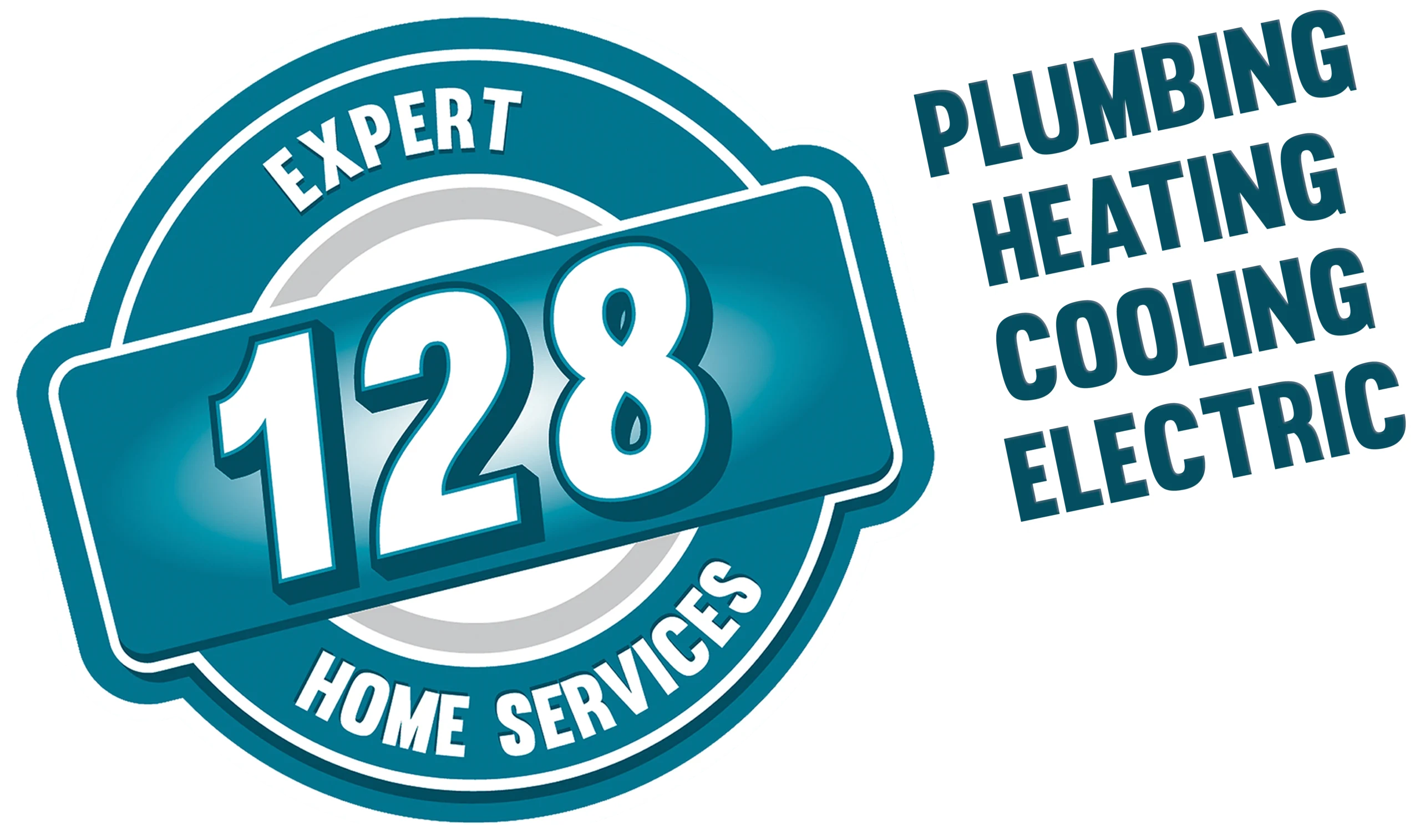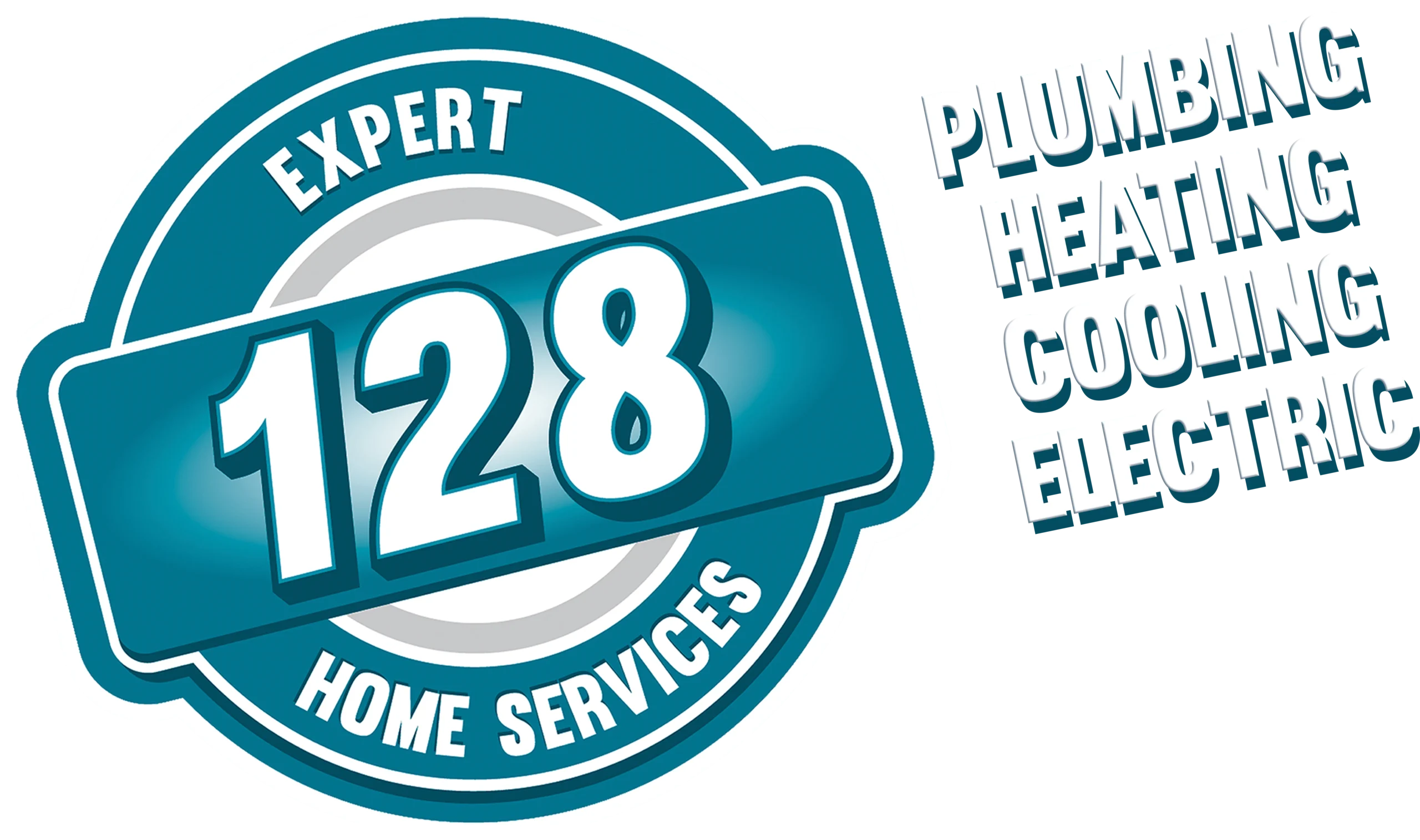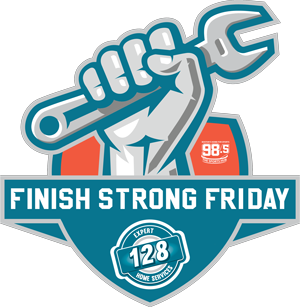
Winter has arrived in Massachusetts. When the temps drop below freezing, frozen pipes become a serious concern for homeowners. Not only are they disruptive to your routine, but they can cause serious damage to your home and could lead to a burst. At 128 Plumbing, Heating, Cooling & Electric, we’ve already helped thousands of homeowners with frozen pipes and no-heat emergency situations and want to share tips on how to avoid them altogether. The biggest tip is for those that have had frozen pipes before: it’ll happen again. Stay prepared for colder weather with some essential tips to protect your home:
1. Turn the Heat Up a Few Degrees
Dom at 128 says to not be afraid of turning up the thermostat a few degrees. Even if you plan to be away for an extended period, keep the thermostat set to at least 55°F. If your home’s temperature drops too low, pipes in exterior walls or uninsulated spaces are at risk. Also, be sure to check the batteries in your home’s thermostat to ensure proper operation.
2. Disconnect Outdoor Hoses
Disconnecting your outdoor hoses and spigots and turning them completely off inside can help prevent the water inside the pipes from freezing when temperatures drop.
3. Ensure Baseboards Are Clear
Furniture and other household items blocking air vents or baseboards along the walls or floors are easy to forget about. They can prevent heat from circulating throughout your home properly. Ensuring no blockages to your heat flow will prevent pipes from freezing. Even opening curtains and shades to let more sunshine in can make a difference. Give those wall and floor vents more space to flow.4
4. Clear Outdoor Vents of Any Snow and Ice
When large amounts of snow accumulate outside, it’s easy to forget about your home’s ventilation system. When vents become covered by snow or ice, it can block the pipes and potentially send carbon monoxide back into your home. Making sure these are cleared at all times will prevent this from happening.
5. Install SmartHome Devices for Plumbing and Heating
Today, you can avoid flooded basements, no-heat emergencies, and water heating issues by having a professional install smart heat and water sensors. A smart heating device can help detect when the temperature isn’t keeping up. A water sensor can detect leaks and turn off the water before a flood. Ask 128 Plumbing, Heating, Cooling & Electric to get your smart devices installed this season and enjoy everyday peace of mind.
6. Get a Heating and Plumbing Professional in Your Home Yearly
Manufacturers of heating systems recommend yearly maintenance. Your heating system requires maintenance, just like your car does. When you get maintenance on your car, you can feel the difference. By getting a professional in your home to maintain your equipment, you can avoid future potential repairs and get the most efficiency possible.
After back-to-back freezing temperatures, our plumbing team was visited by Mike Sullivan, reporter at WBZ News Boston, to share expert advice on how to prevent frozen pipes and minimize the risk of winter damage. To stay alert and ahead of potential issues with your home’s heating and plumbing systems, 128 is excited to offer smart home devices that can detect a problem before it becomes major. Master plumber Dom and the team have gone from a home in Andover with no heat or hot water, to frozen pipes that caused the water to stop working in Cambridge. With the use of smart home technology, you’re able to monitor the functioning of your heat and hot water systems and address major issues like these before they become damaging. For more in-depth tips and to watch the full segment, visit the CBS News website at www.cbsnews.com/boston/video/how-to-prevent-pipes-from-freezing. Stay safe and warm this winter!
For plumbing, heating, or electrical questions you have about your home this season, the 128 experts are ready to help. Message or call today.


